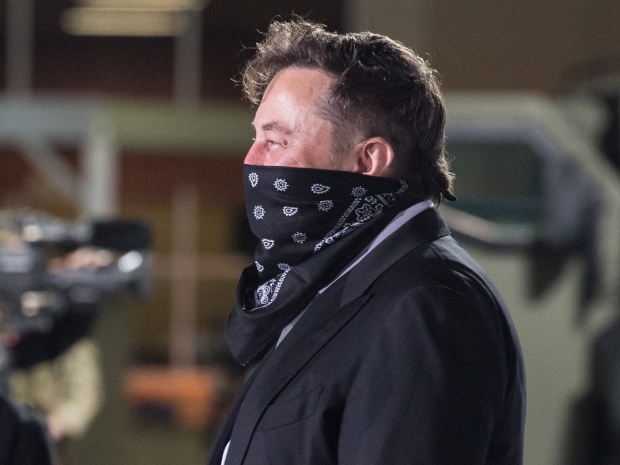Starlink, Musk’s low-orbit internet project, is already set to receive $3.26 million in grants to serve 5,579 rural locations in the state. That apparently wasn’t enough for the world’s most thin-skinned billionaire, who is now demanding a $60 million handout for beaming broadband from the sky, even though Virginia’s plan prioritises real infrastructure like fibre that can actually support long-term growth and higher bandwidth.
SpaceX’s complaint is aimed at the state’s final proposal under the $42 billion federal BEAD programme, which still insists on putting performance and reliability before cost-cutting gimmicks. Despite the Trump administration’s updated “tech-neutral” guidelines encouraging cheap alternatives, Virginia has decided not to compromise.
In a furious filing to the National Telecommunications and Information Administration, SpaceX claimed that Virginia’s plan “represents a massive waste of federal taxpayer money” and “reverts to the Biden Administration’s failed approach.” It accused state officials of tilting the process in favour of fibre builds, whining that Starlink was unfairly treated despite offering to serve nearly every eligible home for less money.
Starlink is widely available because it doesn’t have to lay a single metre of cable, but that means it cannot guarantee reliable service in difficult terrain or densely populated areas.
Virginia’s Department of Housing and Community Development pointed to issues like signal degradation, high latency, and poor scalability as reasons to favour fibre and fixed wireless where appropriate.
“Tree canopy, rugged terrain, and slope can complicate installation or obstruct line-of-sight,” the department said. It also warned that satellite systems risk degrading service for existing users if they take on too many new ones.
Musk’s lot claimed that 95 per cent of the proposed service locations are within one mile of existing Starlink customers, as if proximity equals performance. They went on to say the state used “pretexts” to disqualify their bid, insisting the process was “insurmountably stacked against low-Earth orbit satellite operators like SpaceX.”
The reality is that Virginia’s broadband officials know full well that throwing satellites into orbit does not replace building infrastructure on the ground. And despite Musk’s relentless hype machine, Starlink still cannot match fibre for reliability, capacity, or scalability across Virginia’s challenging terrain.
While Musk throws a fit, other providers are getting the job done. Amazon’s Kuiper was awarded $4.46 million for 6,957 locations. All Points Broadband, which builds fibre and wireless, is getting $171.4 million for 19,801 homes and businesses. Comcast will take $146.4 million for 24,343 locations. None of them had to kick up a fuss to prove their worth.
Virginia’s total broadband plan will spend $613.3 million to cover 133,472 locations. The state has already knocked $200 million off projected costs in its latest revision.

